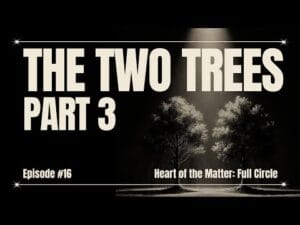
The Two Trees, Part 3
Shawn McCraney critiques Reformed Theology for denying free will in salvation, contrasting it with a view that emphasizes God's love, choice, and spiritual reconciliation for all.

Shawn McCraney critiques Reformed Theology for denying free will in salvation, contrasting it with a view that emphasizes God's love, choice, and spiritual reconciliation for all.
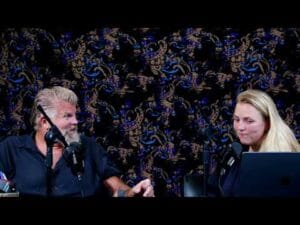
In "I Don't Get The Bible," Delaney and Shawn discuss 1 Corinthians 13, highlighting love as the ultimate goal, surpassing spiritual gifts, and leading to true freedom.
Moses' teachings in Numbers 15 stress accountability for sins, sincere adherence to God's laws, and consequences for defiance. True faith is inward, not outward.
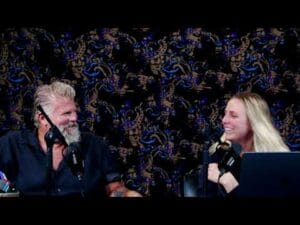
Delaney and Shawn discuss love's importance in spiritual gifts from First Corinthians 13, highlighting its patience, kindness, and the need to seek God with love.

Shawn critiques traditional doctrines, advocates for personal faith over organized religion, warns against idolatry, and emphasizes direct connection with God for true spiritual growth.
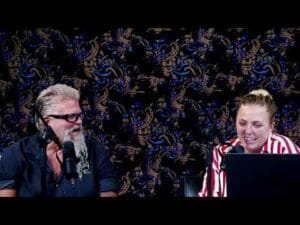
In "I Don't Get The Bible," Shawn and Delaney McCraney discuss First Corinthians 12, focusing on spiritual gifts, unity, and love within the church.
Shawn's teaching contrasts human reliance on self with faith in God, using biblical examples like the Israelites' journey. Emphasizes spiritual freedom through divine trust.
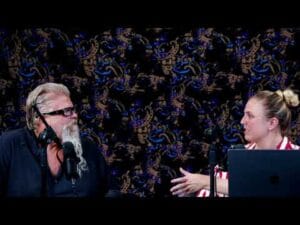
Delaney and Shawn discuss spiritual gifts in 1 Corinthians 12, contrasting cessationists and charismatics, and explore rebirth, New Jerusalem, and self-truth.

Shawn McCraney promotes independent faith exploration, challenges traditional beliefs, and encourages open dialogue. He emphasizes personal relationships with God over religious institutions, addressing controversies and advocating for genuine faith, transparency, and child safety.

Moses sends 12 leaders to scout Canaan; Joshua and Caleb show faith, urging trust in God despite fear. David's faith in God overcomes Goliath, teaching reliance on divine strength.
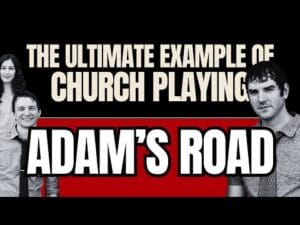
Shawn critiques organized religion, emphasizing personal transformation and God's love over institutional practices. He highlights moral failures, repentance, and the Spirit's guidance.
The teaching summary contrasts hedonism with true contentment, highlights altruism's role in happiness, and explores Moses' leadership, familial conflicts, and divine communication.

Delaney and Shawn discuss eschatology, faith, love, Satan's evolution, and the Tree of Knowledge, exploring spiritual complexities and the misuse of God's gifts.

Shawn's teaching focuses on "Fulfillment" through biblical understanding, avoiding intermediaries, idolatry, and worldly temptations, emphasizing direct faith in YAHAVAH.
Murmuring leads to divine punishment; Moses shares leadership with 70 elders; emphasis on faith, obedience, genuine leadership, spiritual authority, and open ministry.

In "I Don't Get The Bible," Shawn and Delaney discuss communion's significance, its role in remembering Christ, uniting believers, and its cultural and eschatological aspects.

Shawn McCraney's teaching on the "Fulfilled Perspective" emphasizes God's completed salvation plan, Yeshua's redemptive role, and the eternal spiritual kingdom.

In "I Don't Get The Bible," Shawn and Delaney McCraney discuss Biblical literalism vs. subjective interpretation, emphasizing faith, love, and a spirit-led approach.
Purification of Levites, First Passover, God's guidance via cloud/fire, balance freewill with faith, patience, spiritual growth, Moses' leadership, quail/plague warning.

In "I Don't Get The Bible," Shawn and Delaney discuss Christ's example, gender roles, head coverings, modesty, unity, love in the church, and modern biblical interpretation.